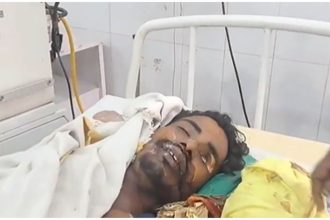Dr Baseera Ambreen teaches Urdu at Punjab University Oriental College, Lahore, and is known for her research work, especially on Allama Iqbal’s Urdu and Persian poetry. She has translated well known works of Nepal and Iran into two Urdu translations. The first one is a collection of Nepalese folk tales. Titled Nepali kahaniyan, it offers 19 Nepalese folk stories translated into Urdu from Hindi.
In the foreword, she says that the semi-religious, semi-historical folk stories reflect the culture, history and moral values. These folk stories, hence, she believes, are a shared heritage that has been transmitted from generation to generation for centuries. These stories, she adds, present a tussle between the good and the evil and offer invaluable lessons in wisdom and moral philosophy. Originally translated from Nepalese into Hindi and published in 2007 from India under the title Nepal ki lok kathayen, Lahore’s Book Home Publishers has just published its Urdu version.
The other book, also a translation by Dr Ambreen and published by Book Home, is titled Zaib-i-daastan. A collection of 16 modern Iranian short stories, the book is a translation from Persian and offers glimpses of the life in modern Iranian society.
Dr Moin Nizami, a well-known scholar of Persian literature and language and a professor at Punjab University’s Persian department, has written the introduction to the book. Dr Nizami himself is a keen reader and observer of Iranian society and modern as well as classical Persian literature.







